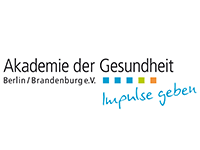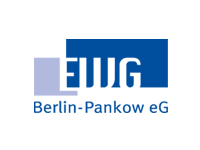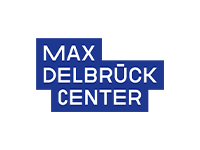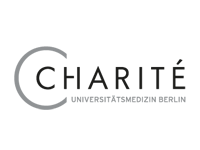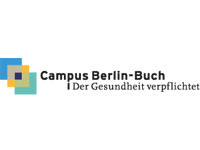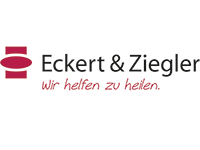OFFERS FOR 7TH GRADE ON UP
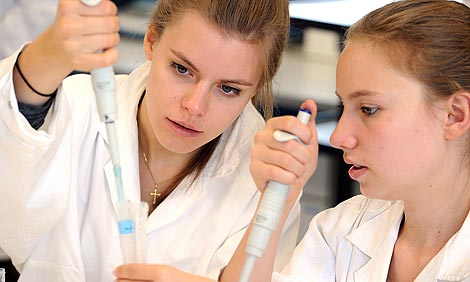
EXTRACURRICULAR LEARNING SITE
GLÄSERNES LABOR
For nearly twenty years, the Life Science Learning Lab "Gläsernes Labor" on the science and biotechnology campus of Berlin-Buch has been a recognized provider of extracurricular science education. With more than 15,000 students and teachers participating in the courses every year, the Life Science Learning Lab ranks among the most popular student labs in Germany.
The five student labs of the Life Science Learning Lab on Campus Berlin-Buch offer 20 experimental courses in molecular biology, neurobiology, cell biology, ecology, radioactivity and chemistry for secondary school students. All experiments are related to the science curriculum in Berlin and Brandenburg and thus provide excellent support for the scientific and technical education which takes place in the schools.
The middle and high school students conduct experiments independently in small groups under the guidance of scientists from the research institutes on campus.
Through the contact with scientists and experiments in authentic labs, the students get a realistic impression of what it is like to work in the life sciences and about the different research fields and career perspectives
FURTHER OFFERS
Scientists of the Max Delbrück Center for Molecular Medicine (MDC) offer laboratory tours for school groups, take part in school science days or offer expert assistance in the preparation of research papers and entries in the “Young researchers” program:
Laboratory tours
Upon request the Max Delbrück Center for Molecular Medicine (MDC) can offer laboratory tours for school groups: pupils can visit the electron microscope facility, the molecular Screening Unit, view DNA sequencers, etc. It is also possible to visit specific labs.
www.mdc-berlin.de/ltlLectures and Discussions
Scientits of the Max Delbrück Center for Molecular Medicine (MDC) are happy to take part in school science days. They can offer lectures on current research topics – in German and most other European languages. Also they are happy to participate in discussions about the social impact of science. The scientits can provide materials on themes including animal experimentation, stem cells, genomic sequencing, etc., that can be used as basis and aid for discussion.
www.mdc-berlin.de/ltlPupils’ research papers and competition entries
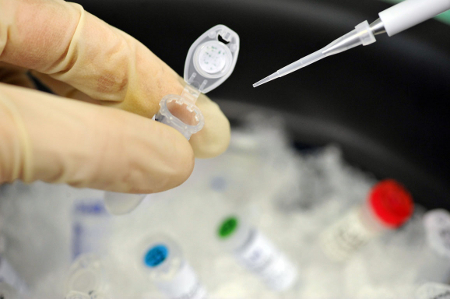
Scientists of the Max Delbrück Center for Molecular Medicine (MDC) offer expert assistance in the preparation of research papers and entries in the “Young researchers” program.
www.mdc-berlin.de/ltlNews education
Talk in the Cube: IP STRATEGIES IN BIOTECHNOLOGY
We are excited to continue the Talks in the Cube with an expert discussion focused on Strategies for Intellectual Property Rights in Biotechnology.
more ...Promoting awareness of health research
During a week-long course at the Gläsernes Labor, 24 teenagers delved into genetics, immunology, and allergic disease. The course marked the beginning of a new collaboration with the Max Delbrück Cent...
more ...Students from Freie Universität Berlin visited the Campus Berlin-Buch
Master's students in Biology at Freie Universität Berlin learned about career opportunities and start-ups at the BiotechPark Berlin-Buch on June 11, 2025.
more ...Events education
10.02.2026, 18:00
Campus-Kino: "Malala - ihr Recht auf Bildung" (USA, 2015)
Mit dem filmischen Portrait der Friedensnobelpreisträgerin Malala Yousafzai startet Campus-Kino ins Jahr 2026. Motto ist in diesem Jahr „Engagement, Bildung und Menschlichkeit – Menschen verändern die...
more ...23.02.2026, 16:00
Mitmachlesung mit Tante Milli Tausendgrün
Lese- und Bastelspaß für Kinder ab 3 Jahren
more ...25.02.2026, 10:00
JUGEND FORSCHT – 61. Regional-Wettbewerb: Maximale Perspektive
Für die 61. Wettbewerbsrunde von Jugend forscht haben sich mehr als 11 000 Jungforscherinnen und Jungforscher angemeldet - die Beteiligung ist deutlich gestiegen.
more ...